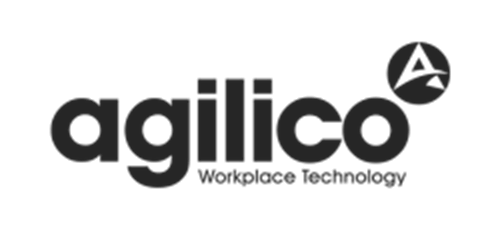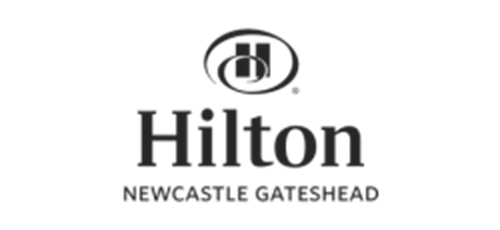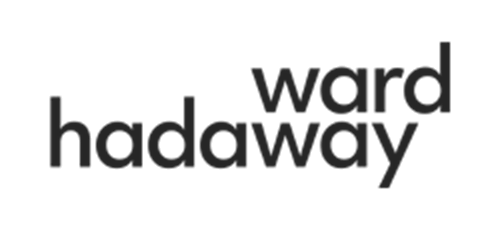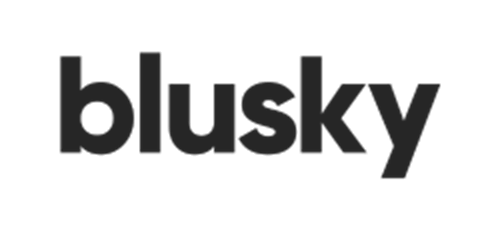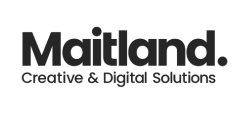The healthcare sector has undergone seismic changes in recent years, with advances in technology, the disruptive effect of social media and the COVID-19 crisis transforming the way it communicates.
As CEO of healthcare marketing communications agency Onyx Health, responding to healthcare communications trends is Karen Winterhalter's priority, to ensure they stay ahead of the curve.
More recently, this has meant designing and developing a VR learning platform, the Interactive Learning Environment (ILE) in collaboration with Animmersion to support pharma and MedTech professionals with customer communication.
The ILE offers a range of features from conference presentations, to medical education and product demonstration, allowing companies to reach global audiences at a time when access it restricted.
The ILE, Karen explains, represents a larger trend in event planning, particularly in combating dwindling event attendance.
“People just aren’t attending events like they used to,” Karen explains, “Before the COVID-19 crisis even started, 75% of healthcare professionals from the big five European countries and the US weren’t attending congresses.
“This trend is very much here to stay. I recently read a survey of EU physicians which showed that doctors are more likely to attend virtual events in the wake of crisis.”
The practical upshot of these changes is that digital communication solutions are going to become further embedded into healthcare company’s communication strategies. Put simply, digital will become the default communication for healthcare professionals.
“We’ve seen that the changing patterns in stakeholder engagement coupled with the practical restrictions of COVID-19 has led to organisations like NHSX driving digital change across the NHS.
“A lot has changed since I started working in healthcare communications back in the 90s, not least the way the digital revolution has transformed the health service and the way we communicate.”
Karen highlights recent examples such as the NHS using WhatsApp group for COVID-19 information and online platforms for health referrals.
“These changes mean that healthcare and medical technology companies need to get increasing digitally savvy to access their target audiences and enter new markets," Karen explains.
"The COVID-19 crisis has been a communication game changer for the healthcare sector with a digital-first approach becoming the norm.
The use of digital technology to combat the restrictions requires fresh thinking and something radically different. Companies will need to get innovative by creating a new kind of digital experience”.
Karen suggests that the use of cutting-edge technology in the form of VR and AR techniques can provide companies the opportunity to offer a unique immersive digital experience to engage with their target audiences.
She says, “Using interactive digital technology has the potential to revolutionise healthcare communications beyond the COVID-19 crisis.”
But VR and AR only represent part of the wider digital healthcare trends. Wearables, particularly personal Fitbits, heart rate monitors and more, have had a transformative effect on the sector at whole.
“One of the biggest innovations of recent times has been the increase in wearable technology,” Karen explains, “This tech enables patients with long term health conditions to track and monitor conditions remotely from home.
“Virtual care offers a more patient focused approach allowing for socially distanced remote consultations and North East companies are leading way. Northumberland-based Mavin Informatics have developed a medical alert wearable mi-SOS and are due to launch this innovative approach across the healthcare sector very soon.”
The establishment of healthcare ecosystems in the North East is another important development to Karen, who returned to the region to set up Onyx Health in 2010.
“It’s important to remember that healthcare companies don’t operate in a vacuum. They are part of a wider network including healthcare providers like the RVI, academic institutions like our region’s universities and business infrastructure, such as Northern Accelerator.
“The North East has outstanding healthcare and life science incubation centres in the form of, for example, Helix and The Biosphere, which are critical to retaining top talent in the region and creating a pipeline of innovative companies such as Newcells Biotech to drive future growth.”
For Karen, the region is securing its position as a leader in healthcare, with MedTech companies such as QuantuMDx, Hart Biological and Polyphotonix choosing the North East as their home.
“The health and life sciences industry are one of the North East’s greatest assets. They’ll have a big part to play in the post COVID-19 recovery.”

